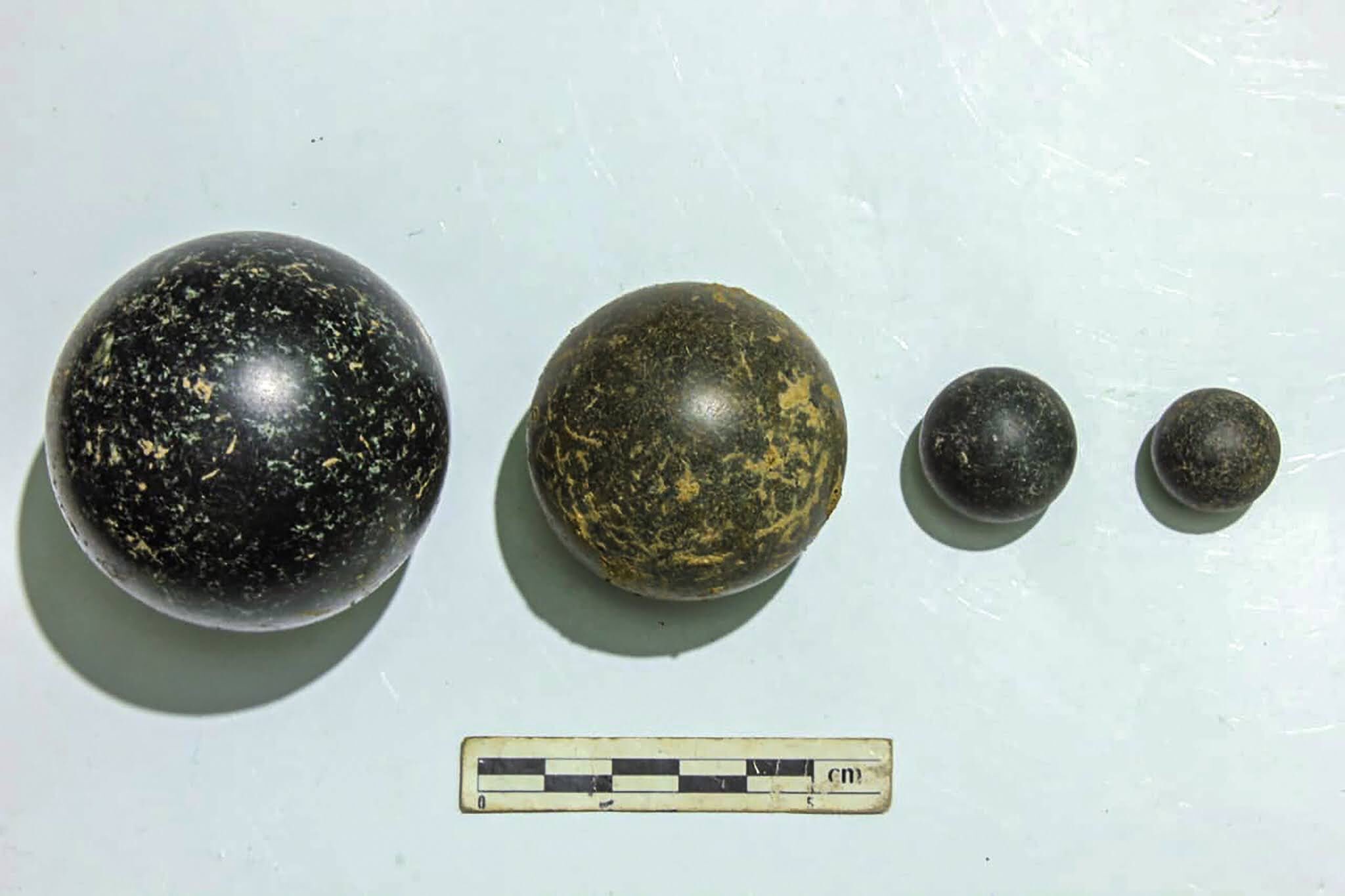
Keeladi excavations: DNA study of human bones remains stalled
The DNA study of human bones found at Keeladi excavation site in Sivagangai district of Tamil Nadu continues to remain on the backburner due to the COVID-19 situation even as the sixth phase of excavations resumed in May following a brief pause during the lockdown.

The DNA study of human bones found at Keeladi excavation site in Sivagangai district of Tamil Nadu continues to remain on the backburner due to the COVID-19 situation even as the sixth phase of excavations resumed in May following a brief pause due to the lockdown.
About 10 months ago, the Tamil Nadu government had announced a pact with an Indian and foreign university to undertake the DNA study but there seems to be no headway in that direction.
The sixth phase of excavations started in February but was stopped due to COVID-19-induced lockdown and was resumed in May.
Besides Keeladi whose findings are dated to sixth century BCE, excavations are also being carried out in its cluster villages — Manalur, Konthagai and Agaram.
On June 4, archeologists retrieved a furnace-like structure and skeletal remains of an animal from Manalur. On June 19, they found skeletal remains of a child kept in a burial urn in Konthagai. Experts are now trying to determine the animal from its bone structure and also the gender of the child.
Weighing stones found in Keeladi
On June 24 and 25, the excavators discovered two stones that were perhaps used as weights. On July 3, they found two more such stones. These stones were made up of basalt, are black in colour, spherical in shape and of different sizes. The stones weigh 300g, 150g, 18g and 8g respectively.
“This is definitely a manufacturing site. We have got iron, copper and glassware materials surrounding the furnace. If there was any other business, they could have used heavier weights which would be in kilogrammes in today’s terms,” R Sivanandam, deputy director of archeology and in-charge of Keeladi excavations, told The Federal.
“But what we have got are stones that are lighter and could be measured in grams if compared with weights today. Therefore, it could be concluded that the round shaped stones were used for weighing precious things such as beads,” he said.
“As far as animal bones are concerned, we have received only half the skeleton. We need to dig deeper to get the full structure to get a clear picture,” he said.
Related news: Keeladi: What makes Tamil Nadu keep digging deeper
“The discovered skeleton piece was lying exactly in the path of our trench. It will take another week or so to get the remaining parts of the skeleton. After that we will send it to Deccan College of Archeology or some other institute to determine what the animal was. As of now, we have kept the discovered half of skeleton at Madurai Kamaraj University,” Sivanandam added.
In September 2019, the Tamil Nadu State Archeology Department had said that it will enter into a memorandum of understanding (MoU) with Madurai Kamaraj University (MKU) and Harvard University to conduct the DNA study of human bones excavated from Keeladi.
“We have not signed any MoU so far. However, we are in touch with all the institutions collaborating in this research. We are trying to establish all the labs with MKU campus. We have asked for ₹2.5 crore budget from the government. But due to COVID-19 the works got stalled,” said RM Pitchappan, the genome scientist heading the study.
T Udhayachandran, principal secretary/commissioner, Department of Archaeology, said it was too early to comment since the sixth phase excavation has just started and there is a lot more to be done.
“MKU (Madurai Kamaraj University) is exploring options. It plans to collaborate with several other Indian institutions. The Centre for Cellular and Molecular Biology (CCMB) in Hyderabad is one option,” he said.
The fifth phase of excavations at Keeladi in 2019 revealed terracotta structures that are unique and different from similar terracotta structures found in other excavation sites in Tamil Nadu.
Of these, two terracotta pipe structures revealed that the settlers of Vaigai river practised water management, and managed to transport water from one place to another. To get clean water, they used perforated pipes as filters.


